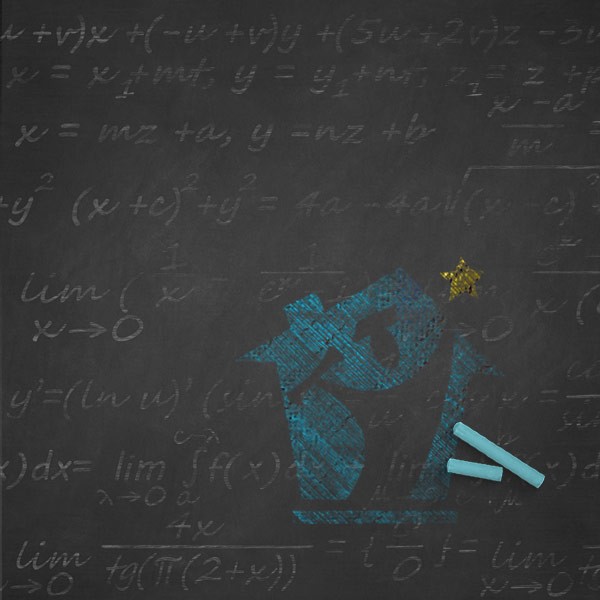Psychology is the study of the mind and behavior. This includes study of the conscious and unconscious mind, feelings, thoughts, and the resulting actions of those feelings and thoughts.
Since the human mind is so complex, there are several different areas of psychology study. Childhood development, social behavior, personality, and so many more. Studying psychology is important to help us understand why people act the way they do, to help us make better decisions, manage stress, change our habits, and promote overall lifestyle health.
Psychology is a common general education requirement in college. General education requirements may make up about half the classes taken to earn a 4-year bachelor's degree. The purpose is to provide a broadly educated student about to think critically in multiple areas. These "Gen Ed" classes make up much of the first two years of college. It includes most of the same subjects we cover in high school, but of course at a much deeper college level. Students are often required to take English, math, social science or history, science, humanities or arts. There is often quite a bit of flexibility in classes that will match the interest of students.
Psychology may be an important subject, but it does represent different worldviews depending on how it is taught and presented. Certain branches of study, criminal psychology for example, can be very heavy, focusing on the darkness of humanity. For that reason, homeschool families may want to teach psychology at home, to match the values that are important to parents. This can be achieved by
CLEP® or
AP® tests, while adding some values-based supplements to explain difficult concepts.
CLEP® Psychology in High School
Students can self-study psychology just like any other homeschool subject, then take a CLEP® exam. If they pass the exam, then many universities will give college credit for the test and allow students to pass out of the psychology requirement. Less classes to take in college means less classes to pay for in college. It's a win all around!
AP® Psychology in High School
High school students can take an AP® course to prepare them for the AP® Psychology exam. There are many online programs intended for homeschoolers. Carefully read reviews, particularly about the teacher, to make sure it's a good fit. You need to be careful not to overwork your student in AP® classes. AP® courses are more difficult, and often take 2-3 hours of study per day per class. On the other hand, AP® Psychology is often considered one of the easiest AP® courses. It doesn't require specialized and advanced math or science, and it isn't built on a lot of previous knowledge
You can find many classes through many groups for AP® Psychology, or the student can self-study at home and simply take the test. Any student can take an AP® test, even if they don't take an AP® course. A student can self-study just like they would for a CLEP® exam but use an AP® Study Guide to make sure they can answer all the questions unique to the AP® exam.
Earn College Credit in High School Using AP® and CLEP®
Students can earn college credits with either AP®
or CLEP®
. University policies vary, so check the policy at university where your student may apply. For more information, download my free book filled with helpful tips for busy homeschool parents trying to choose the right high school subject test and prepare their students for test success.
Instant download here:
College Credit in High SchoolSAT®, AP®, and CLEP® are trademarks owned by the College Board, which is not affiliated with and does not endorse this blog post or The HomeScholar, LLC.

 Login
Login








.jpg)

Comments